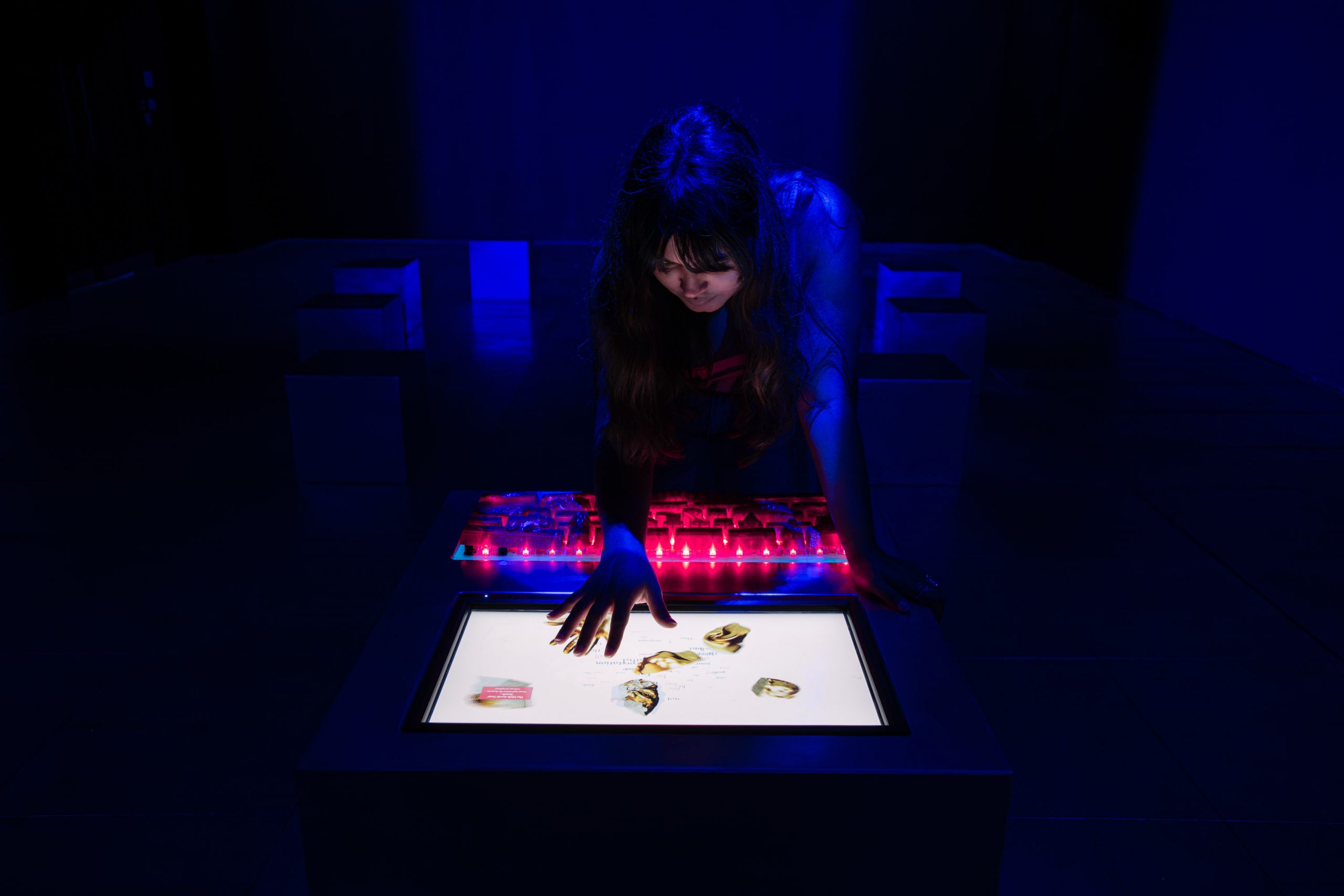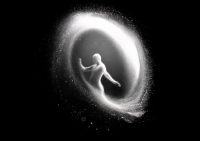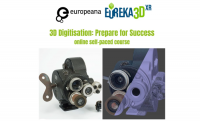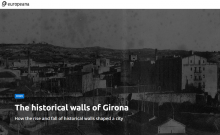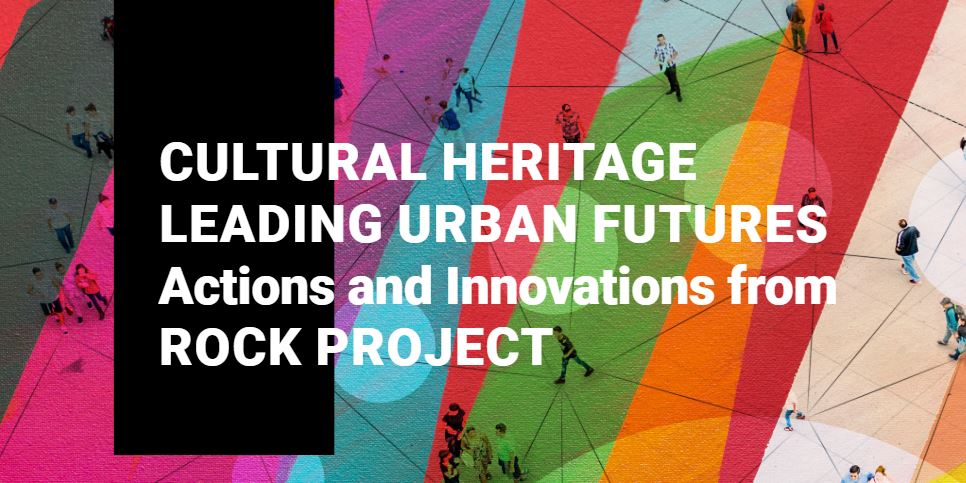 The ROCK project sees historic city centres as laboratories to demonstrate how Cultural Heritage can be an engine of regeneration, sustainable development and economic growth. ROCK approach foresees the systemic and flexible application of a series of role-model practices in the testing sites of three Replicator cities, to turn historic city centres afflicted by physical decay, social conflicts and poor life quality into Creative and Sustainable Districts.
The ROCK project sees historic city centres as laboratories to demonstrate how Cultural Heritage can be an engine of regeneration, sustainable development and economic growth. ROCK approach foresees the systemic and flexible application of a series of role-model practices in the testing sites of three Replicator cities, to turn historic city centres afflicted by physical decay, social conflicts and poor life quality into Creative and Sustainable Districts.
This book, edited by UNIBO, highlights the major result of the ROCK project: it includes essays, practices descriptions, reflections from the project as well as a series of lessons learned from the ROCK cities and tools.
It is part of the CPCL Series, published in Open Access by TU Delft Open Faculty of Architecture and the Built Environment, Delft University of Technology.
Reach the book here.
Login Status
-
Free text
UPCOMING EVENTS:
 IN SITU Final Conference, Valmiera, Latvia, from 11-13 May 2026
IN SITU Final Conference, Valmiera, Latvia, from 11-13 May 2026The IN SITU project celebrates its Final Conference in Valmiera (Latvia) from 11 to 13 May 2026. Extended deadline: The deadline for the Call for Papers for the Special Issue Proposal in the International Journal of Cultural Policy has been … Continue reading →
 Copenhagen and online, 25-26 November 2025
Copenhagen and online, 25-26 November 2025On 25 and 26 November, it will be possible to follow SEMIC 2025 remotely and be part of the European Commission’s flagship event on semantic interoperability and digital government, organised in partnership with the Danish Presidency of the Council of … Continue reading →


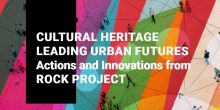

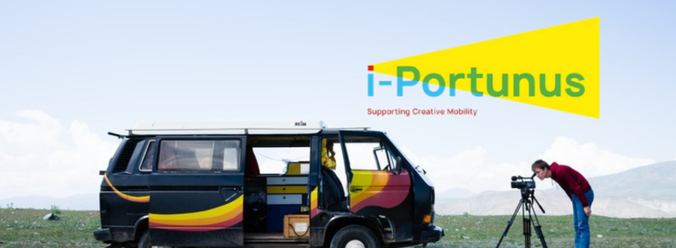 The pilot project i-Portunus, financed by the European Commision, supports artists mobility focused on creating, connecting, learning and/or exploring.
The pilot project i-Portunus, financed by the European Commision, supports artists mobility focused on creating, connecting, learning and/or exploring.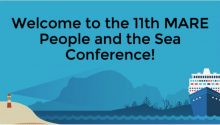
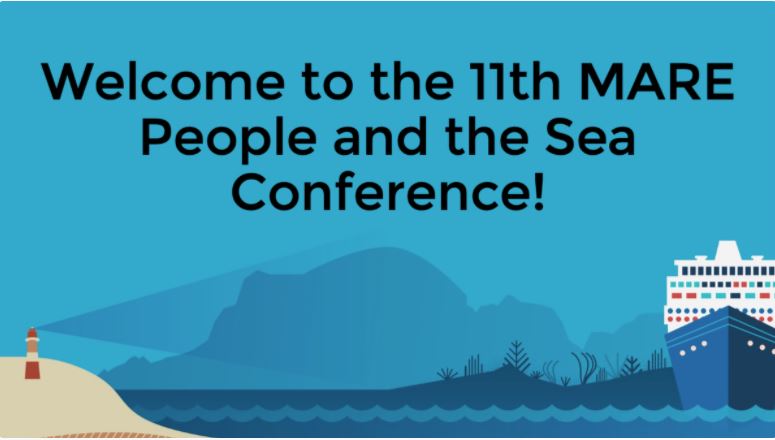 The 11th MARE People and the Sea Conference will take place from the 28th of June to 2nd of July, 2021. This year, the conference will be held virtually and will focus on the theme “Limits to Blue Growth?”. For decades sustainable development has served as guiding concept for policy makers, including those concerned in coastal and ocean governance. At the same time, the ‘blue economy’ and ‘blue growth’ have nowadays become popular concepts in marine policy. Notions on blue growth especially ask attention for new uses of the oceans, such as renewable energy (wind at sea), deep sea mining and deep-sea fishing but also aim at highlighting ecosystem services that have societal value (coastal protection, CO2 storage and biodiversity). The concept aims to reconcile two seemingly opposing uses of the oceans: exploitation and conservation, in the same way as was intended with the use of ‘sustainable development’. The concept also seems to promise that there still is a new, not yet reached frontier for economic expansion.
The 11th MARE People and the Sea Conference will take place from the 28th of June to 2nd of July, 2021. This year, the conference will be held virtually and will focus on the theme “Limits to Blue Growth?”. For decades sustainable development has served as guiding concept for policy makers, including those concerned in coastal and ocean governance. At the same time, the ‘blue economy’ and ‘blue growth’ have nowadays become popular concepts in marine policy. Notions on blue growth especially ask attention for new uses of the oceans, such as renewable energy (wind at sea), deep sea mining and deep-sea fishing but also aim at highlighting ecosystem services that have societal value (coastal protection, CO2 storage and biodiversity). The concept aims to reconcile two seemingly opposing uses of the oceans: exploitation and conservation, in the same way as was intended with the use of ‘sustainable development’. The concept also seems to promise that there still is a new, not yet reached frontier for economic expansion.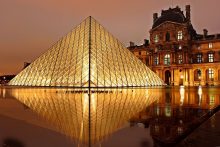
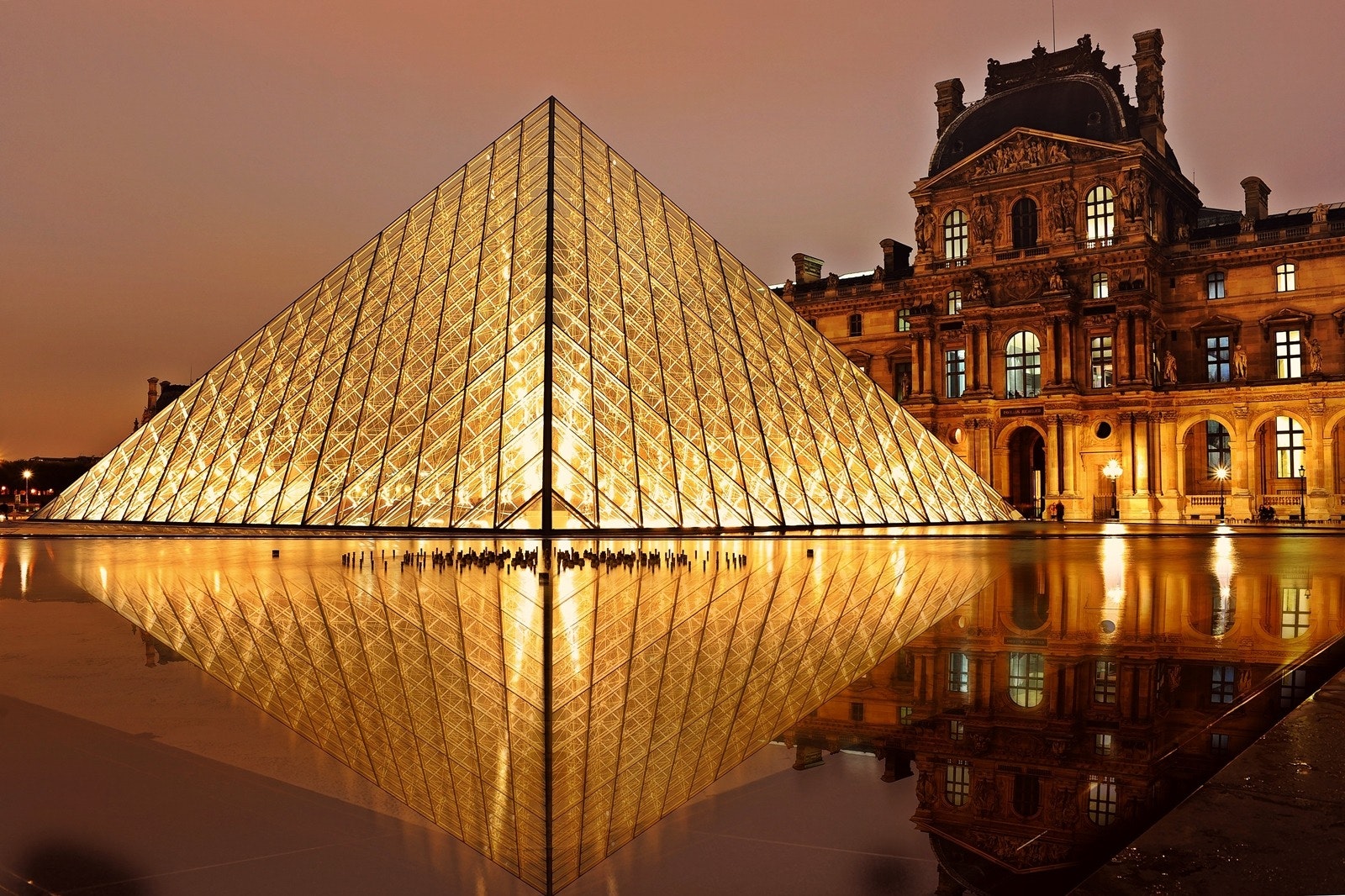 The Louvre is about to get its first female director for the first time since its opening in 1793.
The Louvre is about to get its first female director for the first time since its opening in 1793. 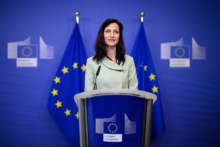
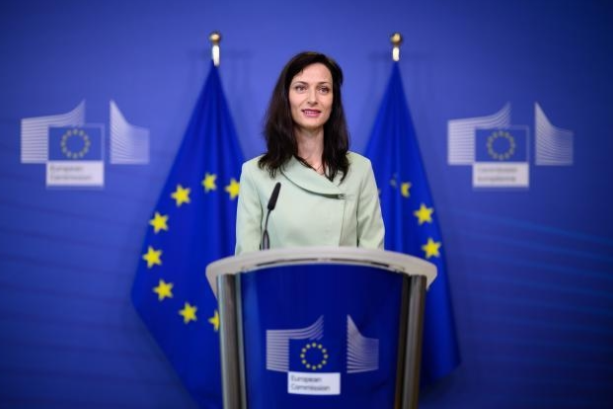
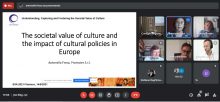
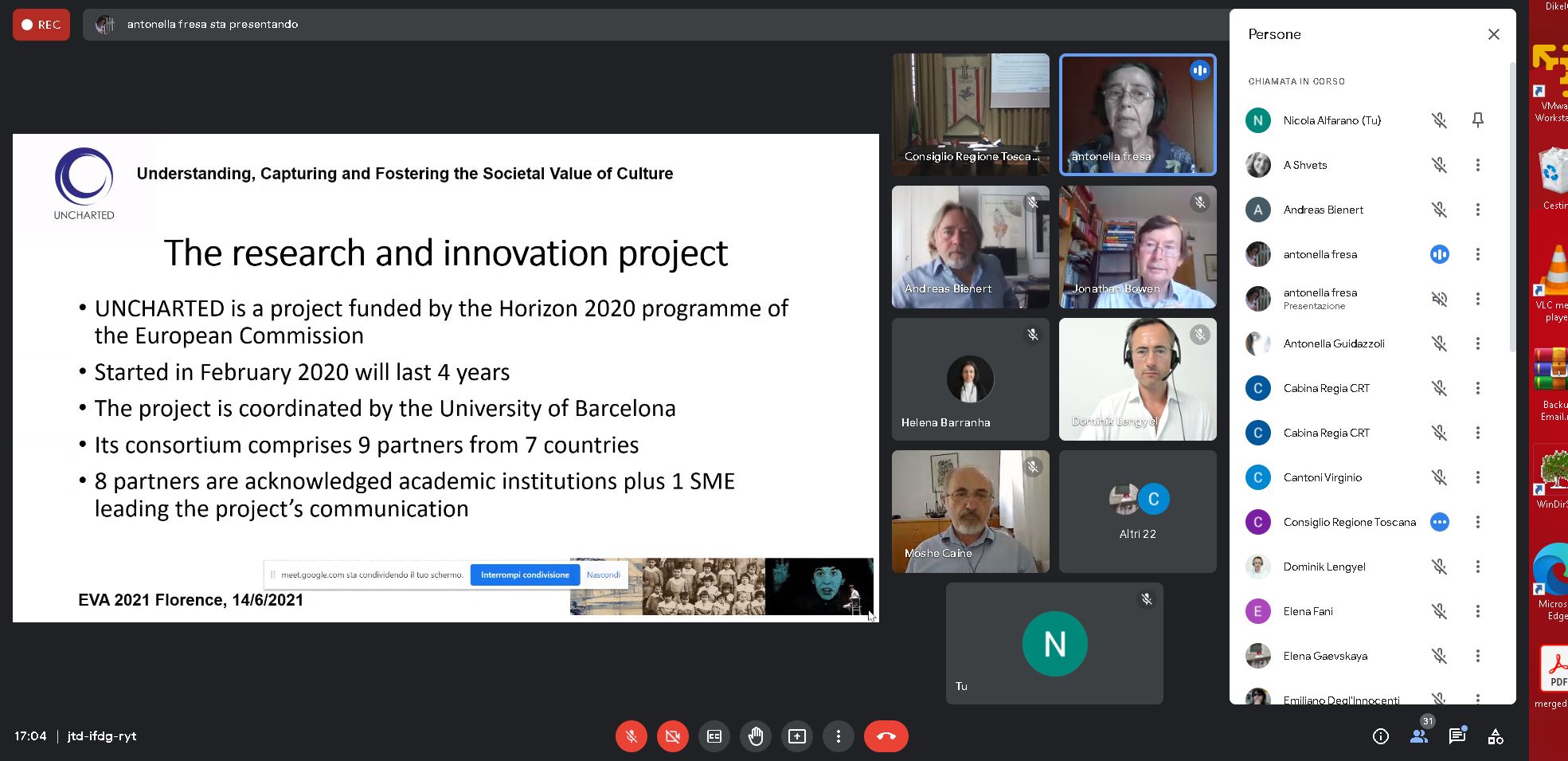 On June 14th 2021, the UNCHARTED project was presented at
On June 14th 2021, the UNCHARTED project was presented at 
 The ILUCIDARE Consortium including Europa Nostra, and the European Commission are delighted to present the shortlisted projects for the 2021 edition of the ILUCIDARE Special Prizes, awarded within the European Heritage Awards / Europa Nostra Awards!
The ILUCIDARE Consortium including Europa Nostra, and the European Commission are delighted to present the shortlisted projects for the 2021 edition of the ILUCIDARE Special Prizes, awarded within the European Heritage Awards / Europa Nostra Awards!

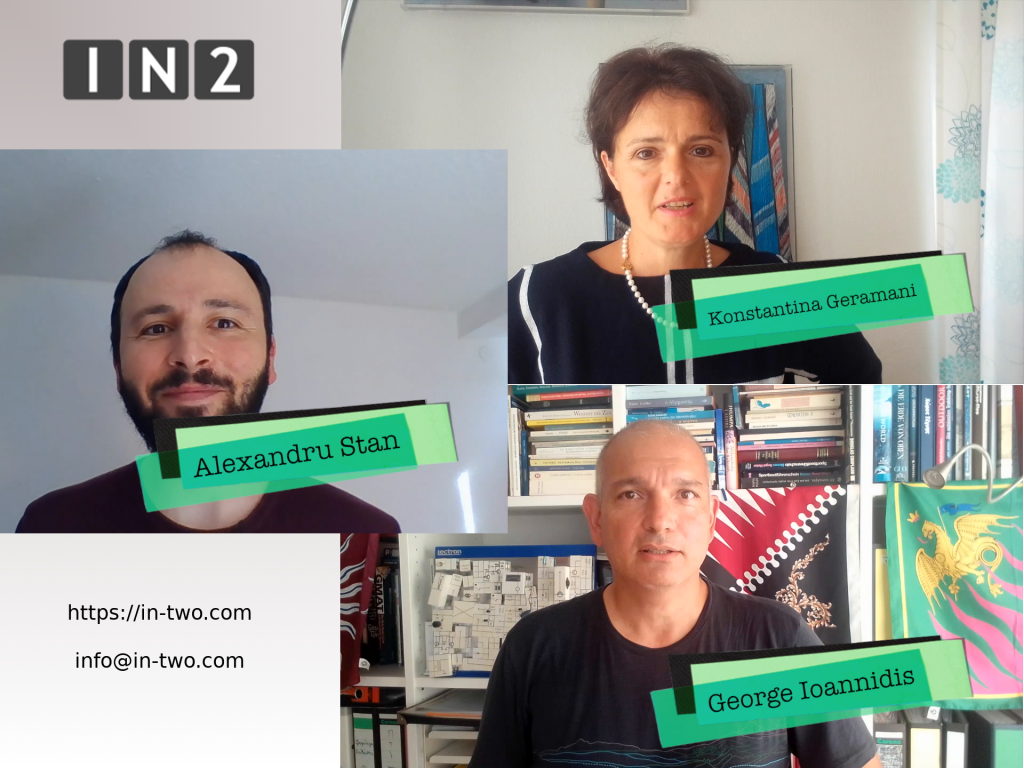
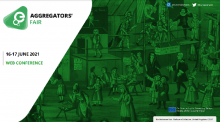
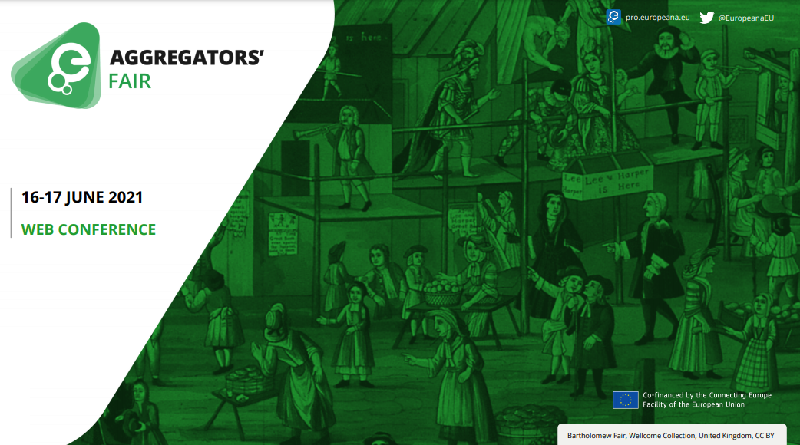 On June 16 – 17, the Europeana Aggregators’ Forum will open their virtual doors to cultural heritage professionals and anyone with an interest in high quality, open cultural heritage content at the Europeana Aggregators’ Fair.
On June 16 – 17, the Europeana Aggregators’ Forum will open their virtual doors to cultural heritage professionals and anyone with an interest in high quality, open cultural heritage content at the Europeana Aggregators’ Fair.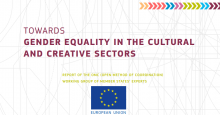
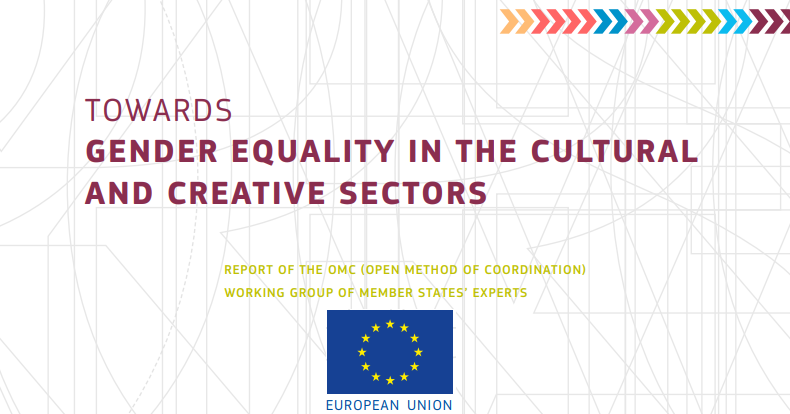 The report “Towards gender equality in the cultural and creative sectors” focuses on the role that culture plays in promoting gender equality and how to achieve gender equality within the cultural and creative sectors.
The report “Towards gender equality in the cultural and creative sectors” focuses on the role that culture plays in promoting gender equality and how to achieve gender equality within the cultural and creative sectors.